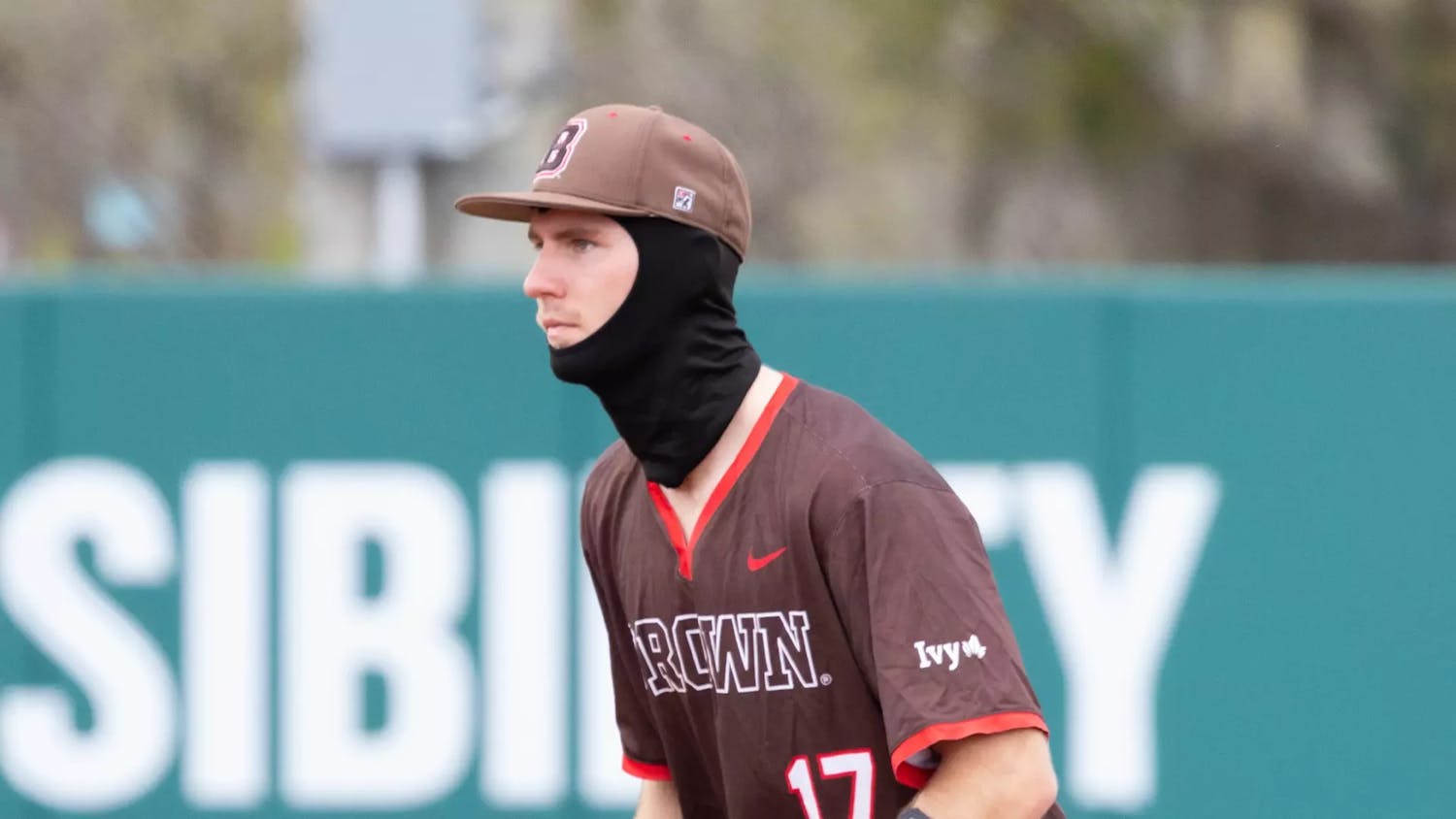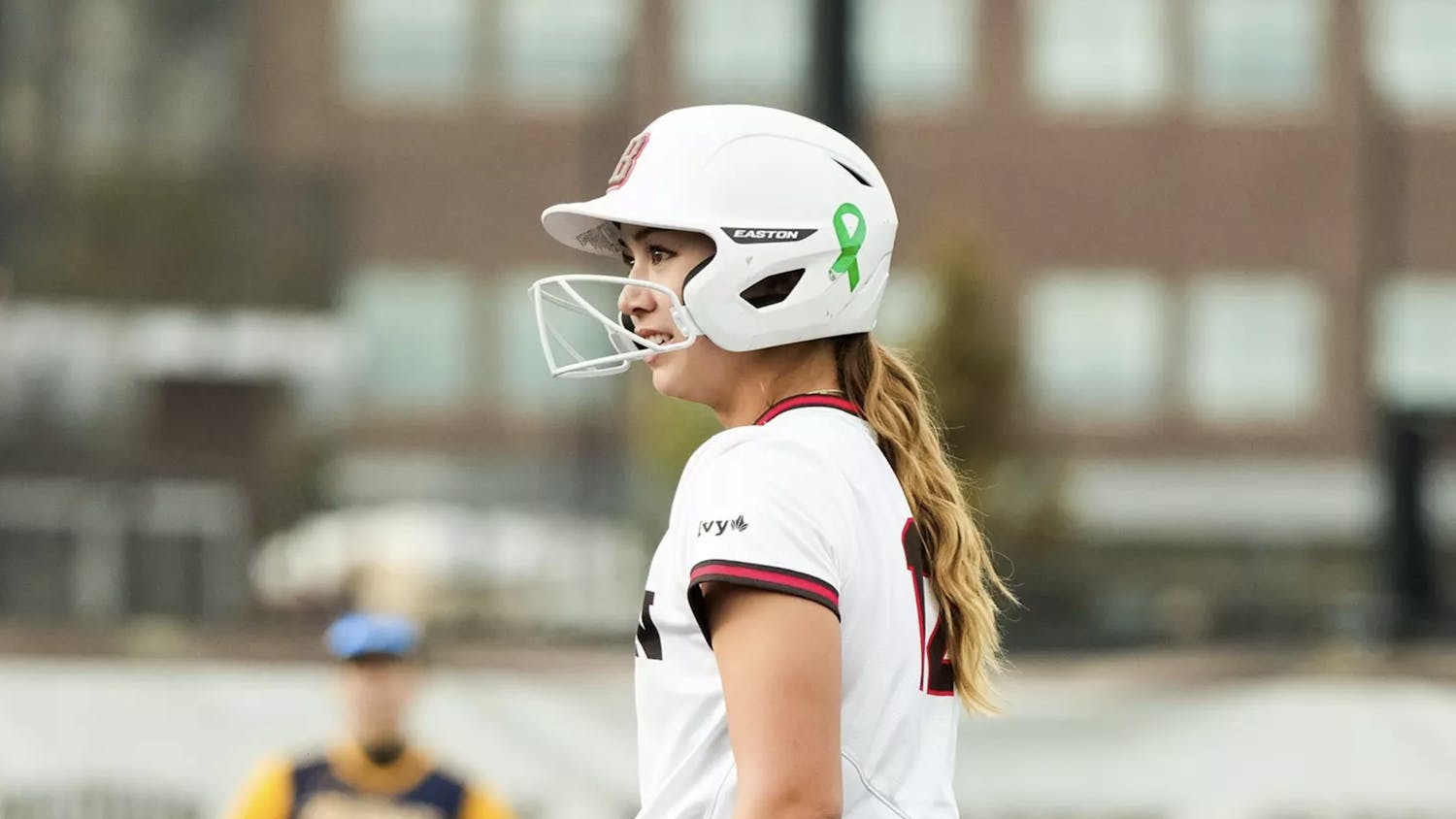Boston has certainly enjoyed a special summer of baseball, the title of this column notwithstanding. Mookie Betts and J.D. Martinez are both worthy MVP candidates, Chris Sale has dominated and even David Price finally looks like something close to his old self. The Red Sox currently own a sparkling 97-44 record, good for a nine and a half game lead in the American League East over the New York Yankees, who have the second-best record in the majors. With that said, in spite of all the positivity, the Red Sox have clear weaknesses that can be exploited once they reach the postseason. Don’t be surprised to see another early exit in the playoffs for the Red Sox.
First of all, Boston’s lineup is horrendously unbalanced. Betts, Andrew Benintendi, Martinez and Xander Bogaerts make for a fearsome combination that can end games in the first inning. But after that, the situation gets murky. First baseman Mitch Moreland occupied the third spot in Boston’s lineup for most of the season, often to the chagrin of fans. He is now dropping rapidly in the depth chart, only hitting for a .193 batting average and .593 on-base plus slugging in the second half. Infielder Eduardo Núñez has also disappointed, along with Rafael Devers and Jackie Bradley Jr. Brock Holt won’t scare anybody at the plate in October, nor will any of Boston’s catchers, the underwhelming trio of Sandy León, Christian Vazquez and Blake Swihart. Admittedly, the Red Sox have made some nice additions to the roster with the likes of Steve Pearce, Ian Kinsler and now Brandon Phillips. Yet the point remains — Boston’s lineup drops off massively after that first four.
But why does this matter? If Betts, Benintendi, Martinez and Bogaerts can create four runs on their own each game, then who cares about the rest?
The trouble comes with the nature of postseason baseball. Against the Chicago White Sox or Miami Marlins, the Red Sox can easily overwhelm with the offense at the top of the lineup. The rest of the order simply has to do the bare minimum. But runs are tougher to come by in the postseason, especially in the later rounds, when a team faces a different high-level starter every game. Fans saw a glimpse of this possibility in a late August four-game split against the Cleveland Indians. The Red Sox were not able to dominate a playoff-caliber team from the beginning and were forced into higher pressure, 50-50 situations. Players like Vazquez and Bradley Jr. will be huge negatives at the plate in October. If Moreland can’t hit against the Baltimore Orioles, what will he do when facing Justin Verlander?
The 2017 Houston Astros established the precedent for the kind of lineup that wins the World Series in today’s game. It requires above-average hitters all the way up and down the order. The Astros may have boasted stars like José Altuve, George Springer and Carlos Correa, but they also had guys such as Alex Bregman, Marwin Gonzalez, Yuli Gurriel and Josh Reddick. The Red Sox simply do not have the same kind of starting lineup depth.
Another issue with this Boston team is the pitching. The ability to shut down an opposition’s offense for long stretches of time becomes vital in the postseason. Do Boston’s pitchers have that level of dominance within them?
Chris Sale has pitched like the best starter in the American League when on the mound this season, but he has spent a good amount of time on the disabled list with shoulder issues. While it is easy to shrug at DL stints as a way for the team to rest the lefty, this is yet another bump in the road for a pitcher who has a history of tailing off in September and October. It’s not a foregone conclusion that Sale will be his usual self in October. Meanwhile, David Price’s postseason struggles are well-documented, Rick Porcello is inconsistent and the bullpen has been spotty, especially Joe Kelly and Matt Barnes.
The Indians and the Astros both have rotations better suited for postseason play. Cleveland can start Corey Kluber, Carlos Carrasco and Trevor Bauer (assuming Bauer returns from injury on schedule). Houston, meanwhile, will throw Verlander, Gerrit Cole, Dallas Keuchel and Charlie Morton. Both rotations surpass Boston’s, and the Red Sox’s back half of the lineup won’t give the team many chances to strike.
This edition of the Red Sox feels eerily similar to the 2001 Seattle Mariners. Those Mariners recorded the most wins in Major League Baseball history (tying the 1906 Chicago Cubs) with a record of 116-46, and appeared poised to march to a championship. But Seattle lost to the Yankees in the American League Championship Series in five games. The Red Sox have a good chance of succumbing to the same fate — a loss to a capable American League team in the playoffs.
George Klein ’20 can be reached at george_klein@brown.edu. Please send responses to this opinion to letters@browndailyherald.com and op-eds to opinions@browndailyherald.com.




